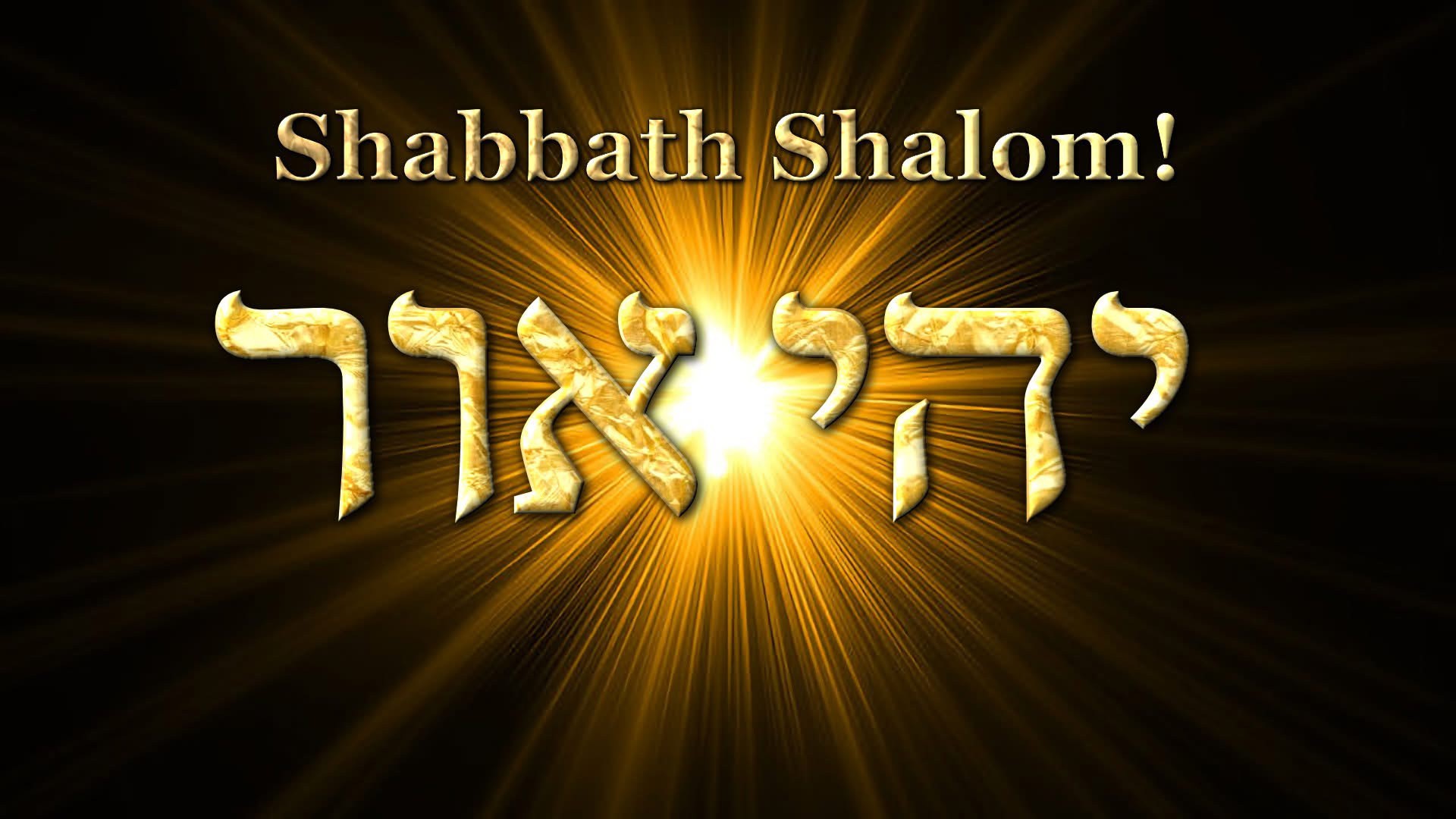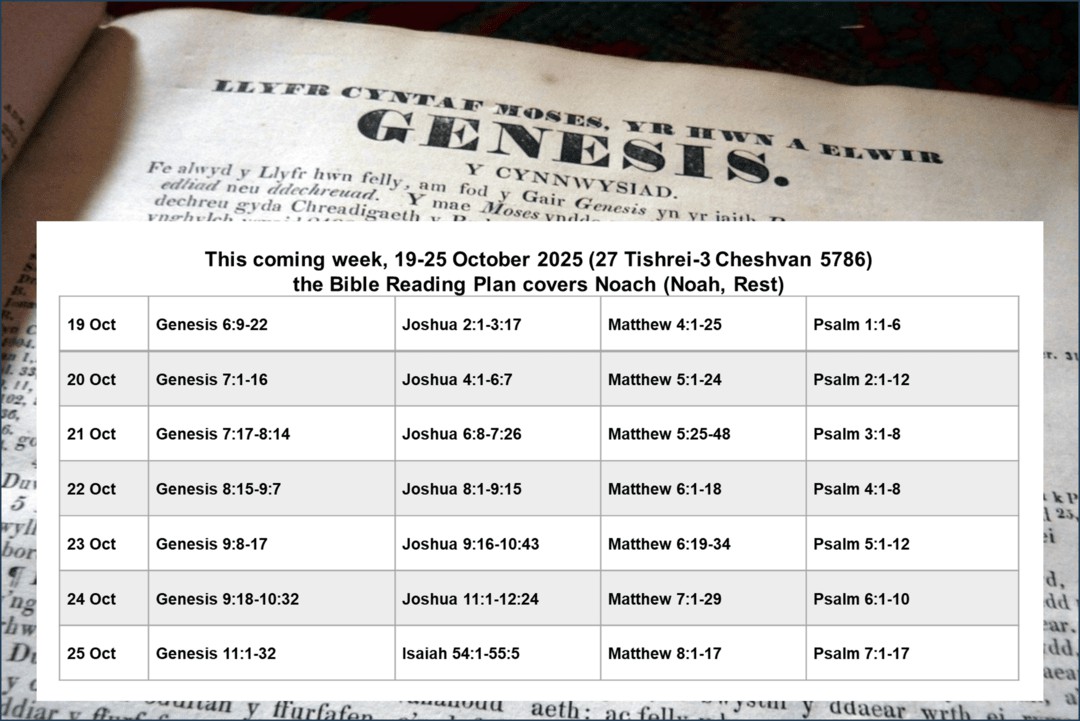Watch
Events
Articles
Market
More
“In the beginning Elohim created the heavens and the earth. And the earth came to be formless and empty, and darkness was on the face of the deep. And the Spirit of Elohim was moving on the face of the waters. And Elohim said, “Let light exist,” and light existed. And Elohim saw the light, that it was excellent. And Elohim separated the light from the darkness. And Elohim called the light day’ and the darkness He called night. And there came to be evening and there came to be morning, the only day.”




Celebrate Erev Shabbath with
Sabbath Keepers Fellowship!
We've moved an hour earlier to stay with the season!
Every Sabbath Eve at 7:30pm Central Time we will host an informal get-together on our YouTube channel to bring-in and honor the seventh-day rest. We will have:
- A short Sabbath eve prayer service
- Highlights of the weekly Torah portion with some commentary
- Greetings to all present
- Followed by live music and discussion with whomever wishes to bring it.
His yoke is easy and the burden light! Join us for some simple celebration and fellowship to end your week. The entirety of the service should be about 1.5 hours long. If you play an instrument or sing, contact the service admin to join in. If you don’t, just listen as others do their best to honor our Creator on His holy day.
Discover the latest meeting at:



This coming week, 19-25 October 2025 (27 Tishrei-3 Cheshvan 5786), the Bible reading plan covers Noach (Rest).
https://thebarkingfox.com/2025..../10/17/weekly-bible-




This coming week, 19-25 October 2025 (27 Tishrei-3 Cheshvan 5786), the Bible reading plan covers Noach (Rest).
https://thebarkingfox.com/2025..../10/17/weekly-bible-



